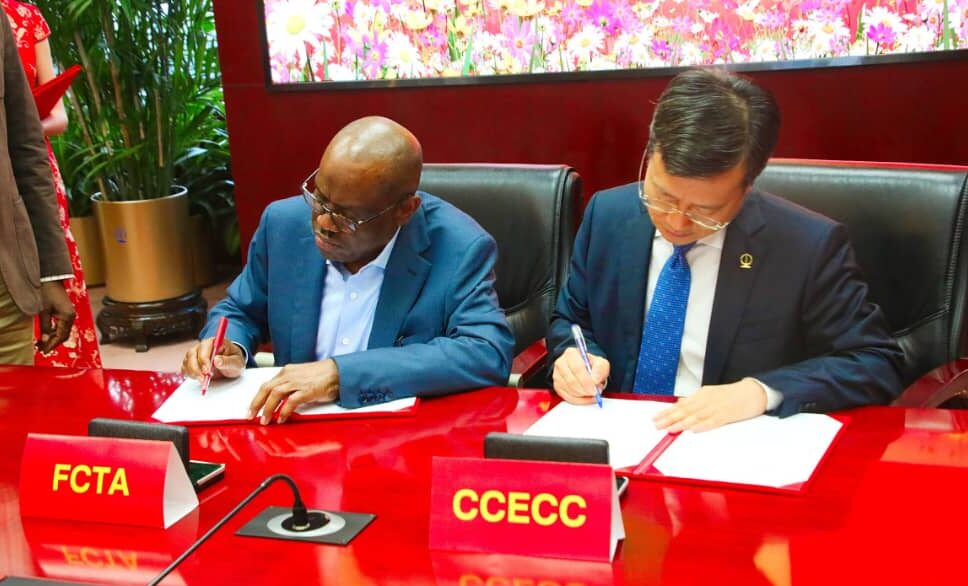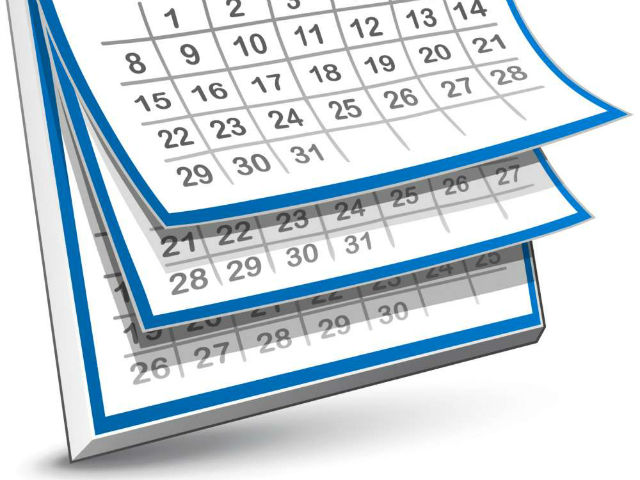In early March 2013, Kerry arrived into a freezing Ballybofey craving the warmth of a result, even just the relative heat of a performance. Snow on the mountains around the town suggested how far away summer still was, but a nine-point beating was a reminder of how moored Kerry were in the morass.
A fourth successive league defeat hinted at a burgeoning crisis. Éamonn Fitzmaurice was in his first season as Kerry manager. He was only 35 at the time, still learning and trying to adapt to the magnitude of the job and the weight of history it carried.
Kieran Murray of INPHO took a photograph of Fitzmaurice late in the game which perfectly captured that burden, the sleet falling around him providing the perfect backdrop and metaphor for the cold and foreboding look on his face.
Fitzmaurice had every right to look, and feel, concerned. The entire team had been consistently underperforming. Kerry scored just 0-6, with only two of their forwards getting on the scoreboard. Their points difference of -28 was the worst across the four divisions by a significant distance.
“It’s disappointing, not good enough, and there’s no point sugar-coating it any other way,” said Fitzmaurice after that Donegal defeat. “But we’ll stick at it again this week, try and get our house in order. I’m not going to play any blame game here. We’re not going to panic. There’s still a bigger picture there.”
There was, but it was difficult to see any clear horizon through the fog of uncertainty. “In all my years playing with Kerry,” says Fionn Fitzgerald, “that trip home from Donegal was the longest bus journey home I was ever on.”
No Kerry team had ever lost five league games in succession and the team’s response was everything Fitzmaurice wanted it to be the following week against Down. Kerry only scored 0-11 but they won by four points. A week later against Cork, Kerry again only scored 0-11 but another narrow victory kept their survival prospects alive.
“That win against Down really kick-started us,” says Fitzgerald. “The Kerry crowd were great too, they really got behind us. At the time, it could have gone either way. It was a cagey performance, but it was the game we needed to ignite us.” Kerry’s hopes of avoiding the drop still rested on their final match, a daunting trip to Omagh to face Tyrone. A pre-planned training camp to Portugal in the lead-in to that game couldn’t have come at a better time.
“That was a huge turning point,” says Fitzgerald. “It was fairly intense stuff. We did a lot of tactical stuff but, we ripped a few jerseys in the training games, let’s put it like that. Gooch (Colm Cooper), Paul Galvin and a lot of the main lads were back around then and there was a bit of stability and experience back in the squad at the right time.” Tyrone were already qualified for the semi-finals, but they weren’t going to pass up on the chance to relegate Kerry. Still, Kerry were ready, producing their best football in years in the opening half.
They led by 1-13 to 0-5 at the break, but Tyrone charged at them in the second half and Kerry only scraped over the line by one point. With such an inferior scoring difference, Kerry still needed other results to go their way. They got the break they desperately needed when Paul Mannion swung over an equalising point with the last kick of the Dublin-Donegal game in Ballybofey. Kerry were safe. Six months after winning the All-Ireland, Donegal were relegated.
That threat is now looming for Tyrone, particularly with their last three games against Kerry, Mayo and Dublin, but some of the top teams struggles for form has been a dominant theme this spring. The Limerick hurlers have lost their first three games. The Dublin footballers are 0 from 4.
“It’s not a great place to be in, but we were in a different space in 2013 to where the Dublin footballers and Limerick hurlers are now,” says former Donegal player Eamonn McGee. “Success was new to us, and it’s new to these Tyrone boys too. The biggest threat to success is your own success. You can think, ‘I’ve done it now, I don’t need to do the same thing as last year’.
“Of course, it doesn’t work that way, but we had a lot of distractions in 2013 and the focus just wasn’t right. Some of it was understandable because we hadn’t won in so long. Club fixtures didn’t help either over the summer.
“It’s not always easy for All-Ireland champions and that’s why Jim Gavin deserves so much credit. Gavin never allowed players get too big for their boots, and it’s been the same with John Kiely. He always seems to have been on top of that with Limerick so that won’t be an issue for them going forward.”
Limerick won’t be worried. They only secured one point from their opening three games last year, before blitzing Cork and Westmeath in their last two matches. In the last two seasons, Limerick have improved with every game, peaking in the All-Ireland final.
“Limerick are not performing as they’d like at the moment, but they’re still trusting themselves that they’ll be right when they need to be,” says former Galway manager, Micheál Donoghue. “If I was back as a manager now, I’d be going the exact same way. You’re looking for players, trying a few new things, and just trusting the group that you’ll get there.”
When Donoghue first took over at the end of 2015, Galway had reached the All-Ireland final that September. The following April, they were relegated to Division 1B after a playoff defeat to Cork. A couple of Galway supporters approached Donoghue on the Salthill pitch afterwards and told him to resign.
“We were new in and we were trying to change a few things on the pitch,” says Donoghue. “The message was, ‘We might take two steps forward and one back, but once we can all recognise and acknowledge that this is improving and that we only need that to be right for the championship, we’ll be fine’.
“If you can portray your plan to the players, you’ll get buy in. Everybody knows where they’re going, everybody accepts there’s going to be some heat. If we try something and it doesn’t work, that’s on me. If the heat comes, you just take it and ride it out.
“That’s not always easy, but you just deal with it. If you lost three league games in-a-row in Galway, you’d be under huge pressure. But you’ve got to trust the players and management in how they’re trying to time it. That’s very evident to me with Limerick now.”
The big difference between this year and the last two seasons though, is that the format has changed.
The championship is beginning in six weeks. Unlike last year when Limerick had a minimum interval of two weeks between games, the Round Robin format is more condensed and much less forgiving.
Their markers from last year are also down, albeit this is a spring league compared to a summer one in 2021. After averaging 0-20 in their opening three games last year, Limerick’s average to date is 1-13.
Against Cork last Sunday, Limerick only got off 27 shots, roughly half their expected average, especially during the summer. Limerick turned over the ball on 38 occasions, numbers way above their average.
Many of those turnovers were contaminated by unforced errors, sloppy first touch and poor decision making. It was Limerick’s worst performance in years.
When they only hit 0-11 in their opening game against Wexford, it was Limerick’s lowest league total since 2010, when they were in chaos over a players strike. Cork had huge motivation last Sunday after last year’s All-Ireland final, but Limerick had never suffered such a beating under Kiely before in the league.
“Limerick won’t be happy with some stuff, but they’ll be trusting that they’ll get the timing right for when it really matters,” says Donoghue. “Every team has a different agenda and a different plan. In the past, you’d have preferred a three or four-week gap from the end of your league to championship. In an ideal world, you’d probably prefer a block of training than maybe getting to a league final.”

The biggest difference between the hurling and football leagues though, is that the big guns in hurling are never under threat from relegation like in football. Relegation is even less appealing now with the new championship format in 2023, and with this year’s championship coming so soon after the football league finishes.
“If you were struggling in the league before, you always had that block of training before the championship to get your head sorted, to find that extra gear,” says McGee. “You don’t have that this year. It might not be much of an issue, but I’m sure some of the older guys had conditioned themselves into thinking, ‘Let’s just get through the league, do whatever you have to do, and then bring that edge for championship’.
“Physically, they’ll be grand, but mentally, it’s peaking when it matters. I think that will catch some teams out. They could be nowhere near the level they need to be at, but they’ll be in the middle of the championship before they know it. It will be a big challenge for managements too because this is so new for everybody.”
Fitzgerald isn’t so sure. Between the end of the league in 2013 to the beginning of the championship, Kerry had an eight-week break. The players also had to fit in club matches, which further dragged out the lead-in.
“It was like a different season,” says Fitzgerald, a lecturer in Sports Science in the Dept of Health and Leisure in MTU Kerry. “You’d go back to the clubs. You’d be doing a lot of heavy physical work. I think players will much prefer what’s coming down the track here now.
“Physical fitness is going to be fairly similar for most teams in hurling and football. I don’t think this whole idea of doing a crazy-hard pre-championship training regime is really necessary anymore. At this level, four weeks is probably enough. It will be very much technical and tactical stuff they’ll be working on, plus the psychology of preparation. From a sports science point of view, it’s all about fine-tuning your game and building confidence again in players.”
That appears to be the biggest challenge for Dublin. The task is all the greater again because Dublin have suddenly found themselves in a place absolutely alien for the established players the young guns are looking to for direction.
“Brian Fenton is one football’s greatest players, but he was always used to winning games,” says McGee. “Now, he and Dublin are consistently losing games, which means a different dressing room, a different atmosphere, a bigger challenge. Dublin just need something to kick them into gear. It’s not physical, it’s purely mental. They just need to find that mental edge.”
When Kerry were in this place in 2013, they found that edge and tunneled their way out of what looked like inevitable relegation. That win against Down in Round 5 was the spark they were craving. Kerry won their next seven games before narrowly losing the All-Ireland semi-final to Dublin, one of the best games ever played in Croke Park.
When Kerry returned to win the following year’s All-Ireland, Fitzmaurice spoke at one stage of the journey about how far Kerry had travelled. He mentioned the 2013 league, and how overcoming those immense challenges to avoid relegation had done so much to define the group.
“I distinctly remember Éamonn saying that in all his years involved with Kerry, the only sleepless night he had was after that Donegal game,” says Fitzgerald. “He said he didn’t sleep a wink.
“Éamonn had a great way of handling the whole thing. He never let that seep into the players. That next game against Down was so important to us, but at the end of the day, championship is always championship.
“Éamonn would have always made that point. For the bigger teams in hurling and football now, once doubt doesn’t seep into their psyche, it’s all about the summer. That’s how they’re going to be judged.”
Always have been. Always will be.
Note: This article have been indexed to our site. We do not claim legitimacy, ownership or copyright of any of the content above. To see the article at original source Click Here













